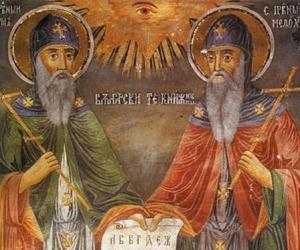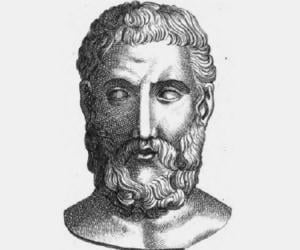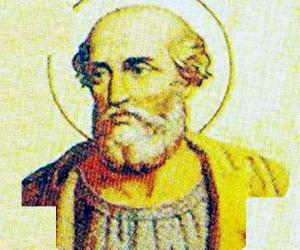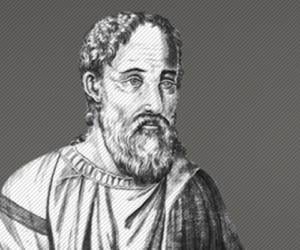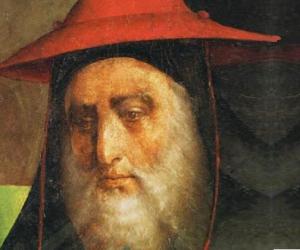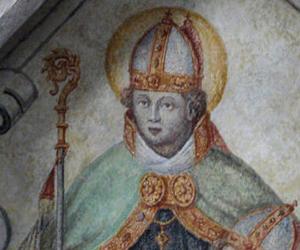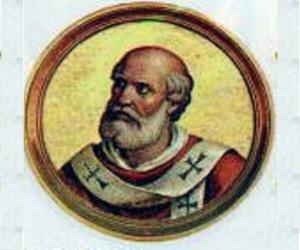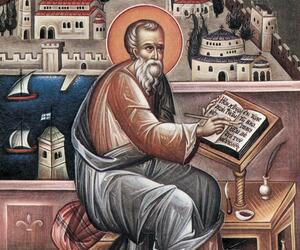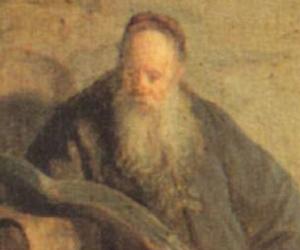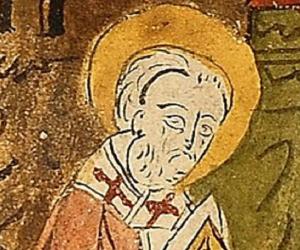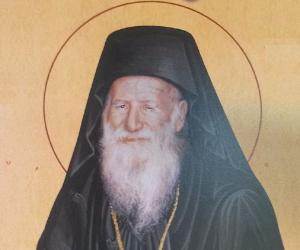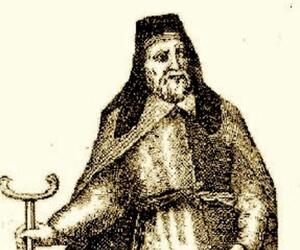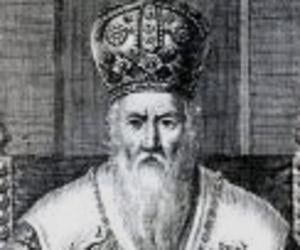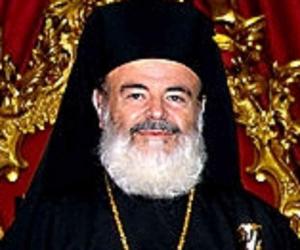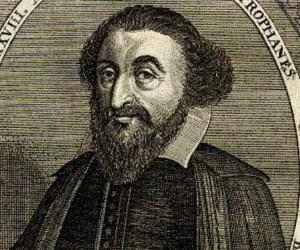1
Pope Zachary
(Bishop of Rome (741 - 752) and Last Pope of the Byzantine Papacy)
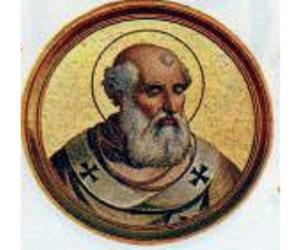
17
3
Birthdate: 0679 AD
Birthplace: Santa Severina, Italy
Died: March 15, 0752
Pope Zachary served as the bishop of Rome from 741 until his passing. As the final pope of the Byzantine Papacy, he was known for his administrative abilities and diplomatic skills. Zachary oversaw the construction of Santa Maria sopra Minerva and implemented a ban on the slave trade in Rome. He successfully negotiated peace with the Lombards and supported Pepin the Short in his claim to the Frankish throne. Zachary is recognized for his adept handling of political challenges during his time as pope.

